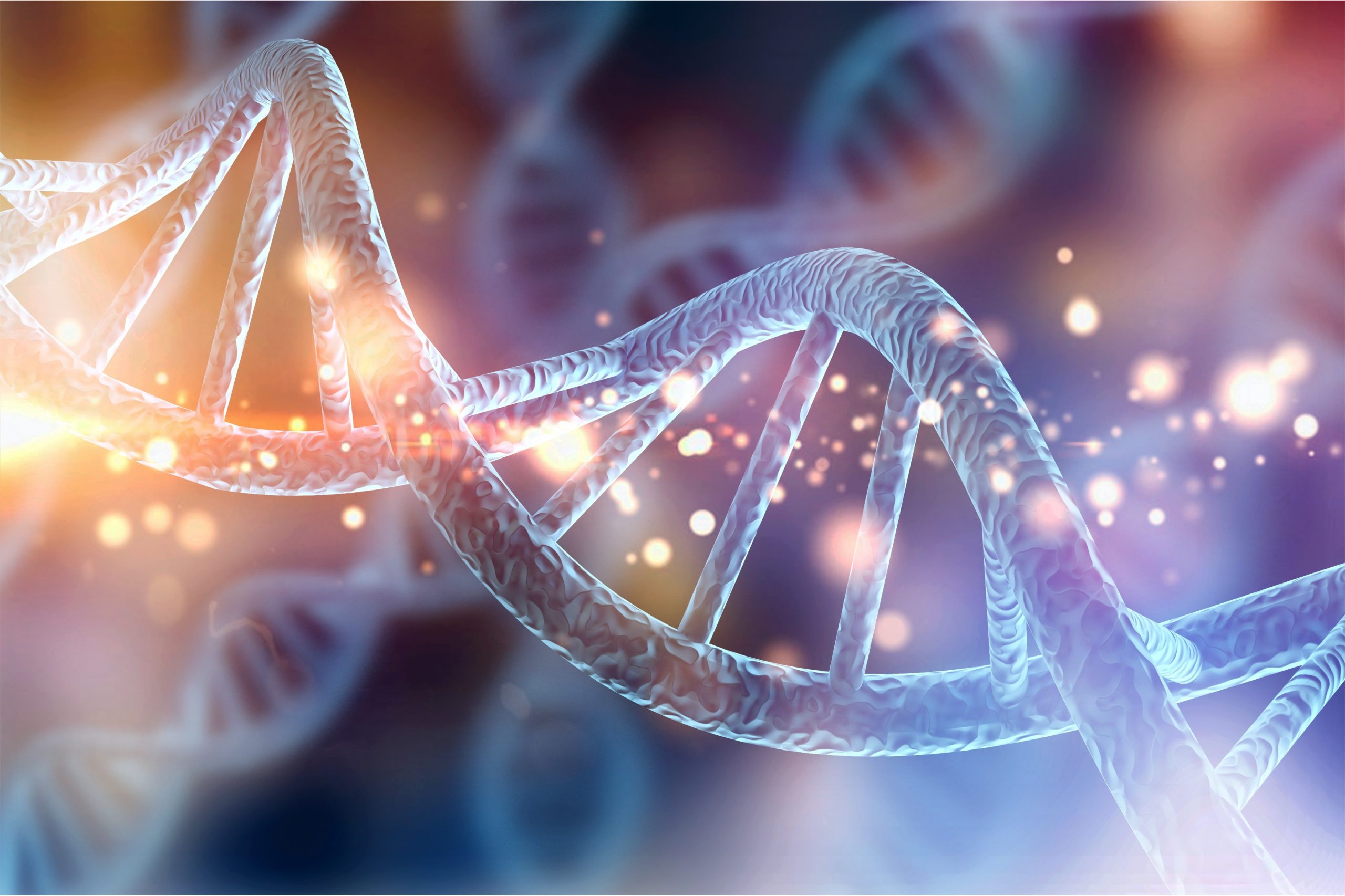When you cross over into your 50s and beyond, like it or not your risk for developing cancer increases. If you’re health-conscious, you try to schedule the recommended screening tests: mammogram, Pap smear, skin check, colonoscopy or Cologuard, and lung CT scan for smokers. More indirect cancer screenings include your physician noticing abrupt changes in routine blood test results, like a drop in your blood count or a sudden rise in liver enzymes.
However, these tests in total pick up just a handful of cancer possibilities. Fully 72% of cancers are not tested for today, making for grim statistics: eventually, one in three women will develop cancer somewhere in her body. It’s worse for men, where the odds are one in two.
Frustratingly, most cancers are diagnosed by the symptoms they produce, and by the time they’re producing symptoms you’ve often passed the zone of early detection and early treatment.
Troubling as well is the fact that early detection tests don’t exist for most cancers, which is why those of the pancreas, kidney, and stomach can be so lethal.
A new blood test changes the odds
What we’ve always needed is a blood test to determine if there’s a cancer growing somewhere in the body. Until recently, that seemed like the stuff of science fiction.
But now, a California company has created a straightforward test called Galleri, which is based on one simple blood draw (this can be done at WholeHealth Chicago or any local Quest Lab).
The Galleri test looks for more than 50 types of cancer and has a remarkably low false-positive rate of 0.5% (a false-positive is a result that says you have cancer when you don’t). The test claims 83% accuracy in predicting the location and directing the diagnostic workup needed for the cancer the test locates.
How does it work?
After your blood is drawn, it’s shipped to the lab and tested for the presence of very specific forms of DNA called tumor-derived DNA or cell-free DNA (cfDNA, click here for more).
Early cancers of any type manufacture this cfDNA and each cancer produces its own unique cfDNA profile. It’s the same principle used for the Cologuard colon cancer screening test. Cologuard looks for a specific form of fecal DNA produced by intestinal cancers and polyps.
The Galleri test is looking for the cfDNA produced by dozens of other cancers.
All-in-all, the Galleri test is pretty remarkable with its 76% sensitivity in detecting the hidden cancers that cause two thirds of cancer deaths in the US.
Next steps
If your test result is positive, besides saying “yikes!” what are the next steps? Depending on the organ sending out the cfDNA cancer marker, your WholeHealth Chicago practitioner will refer you to a specialist at the medical center of your choice who will be able to locate the cancer and proceed from there, with the possibility of watchful waiting, biopsy, chemotherapy, or surgical removal.
Back here at WholeHealth Chicago, we’ll work with your specialist and also ensure that you’re eating a high-nutrient diet, are fully detoxified, and have a strong immune system. We’ll review the factors that might have contributed to this situation in the first place.
“Might” is an important word here because many times we really don’t know all the dynamics involved in triggering cancer growth. What we’ll do at WholeHealth Chicago is get you on the track of scrupulously healthful living.
Cost
The only piece of not-so-great news is that like many newer tests, the Galleri test is not covered by insurance. The cost is $949 and currently isn’t covered by any health insurance. Your payment would accompany your specimen to the lab in California.
The Galleri website is very informative and can likely answer many of your questions about this medical breakthrough. We can answer the rest.
If you’re a WholeHealth Chicago patient and would like the test, call and schedule an appointment with your practitioner. She’ll walk you through the paperwork and get your blood drawn and your specimen will be sent on its way.
If you’re an out-of-town patient, we can do the paperwork during your video appointment and help you locate a blood-drawing station near you.
This is a spectacular advance in health care.
Be well,
David Edelberg, MD

I’ve been working on detoxing for some time now as I’ve had slightly elevated liver enzymes. Can you speak to those of us who have a little harder time with detoxing? For example, when I take glutathione, my joints and muscles ache – or one time when I tried infrared sauna therapy, I literally did not sleep for 36 hours. I surmised it was a reaction to my poor ability to detox.
Amy
Hi Amy,
This is actually a fairly common problem and it effects people in various ways. Trouble with detoxing can come from a variety of causes and it’s best to figure out which part of the detoxing process is malfunctioning. I’d recommend consulting with one of our functional medicine practitioners either in person or over telemedicine. They can help you figure out where wires are getting crossed and how to best address this. Our scheduling staff can be reached at 773-296-6700.
Hope this helps!
Dr M
cliffmaurer